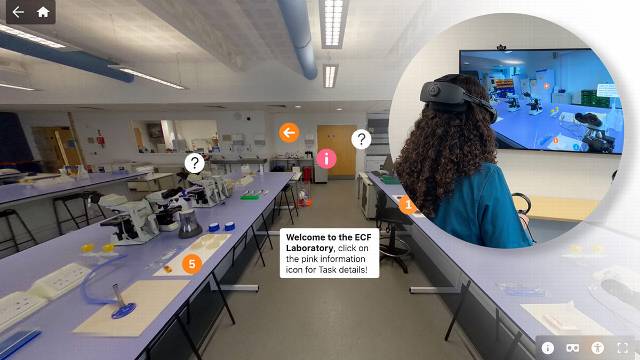
Today marks the one hundred year anniversary of the act that enabled women to enter into the veterinary profession. Following the right to vote in 1918, the Sex Disqualification (Removal) Act was established in 1919 where women were given the ability to enter the field with the first woman gaining MRCVS status in 1922.
But how did this occur? Although most people know of the Pankhurst suffragette movement that was the catalyst of a great deal of change, it was Aileen Isobel Cust who led the revolution for veterinarians.
At the point of her status recognition, she had already been qualified for twenty two years. Coming from a wealthy background, her guardian encouraged an education; she undertook nursing studies in London before changing her path to become a veterinarian, studying at the now University of Liverpool School of Veterinary Science. After finishing her degree in 1900, Aileen was only provided with a testimonial and personal recommendation rather than a formal certificate. While this was enough to initially gain her a position as a veterinary assistant, it later prevented her from a professional position as a veterinary inspector as she was not officially recognised. After dispute and being the only suitable candidate after two advertisements, she was appointed to the position under the compromise of her title being 'inspector' due to her unrecognised status.
Before the change of law in 1919, it is reported that Aileen continued to be an inspector, as well as working in the First World War as a carer for the horses on the front lines. However, once the act had been recognised, the RCVS could no longer deny her entry, making her the first woman to gain MRCVS status. While she only continued to work for a further two years before retiring to Jamaica with ill health, Aileen's desire to fight for recognition marks her as an example of commitment to her industry and justice for equality. Her representation opened the doors to women across the profession and now the ratio of women to men stands at 54:46. Without the Suffragettes and the determination of Aileen, we would not have the diverse and interesting field we have today.
With the next generation of veterinarians already working to make progress within the field, you can become part of the innovation through the Harper & Keele Veterinary School, opening to students in September 2020. You can apply for 2021 entry here.
 Blog: Veterinary Medicine students step into immersive 360° laboratory
At Harper & Keele Veterinary School, students are stepping beyond the traditional microbiology bench and into an immersive 360° labo …
Posted
Yesterday
Blog: Veterinary Medicine students step into immersive 360° laboratory
At Harper & Keele Veterinary School, students are stepping beyond the traditional microbiology bench and into an immersive 360° labo …
Posted
Yesterday





